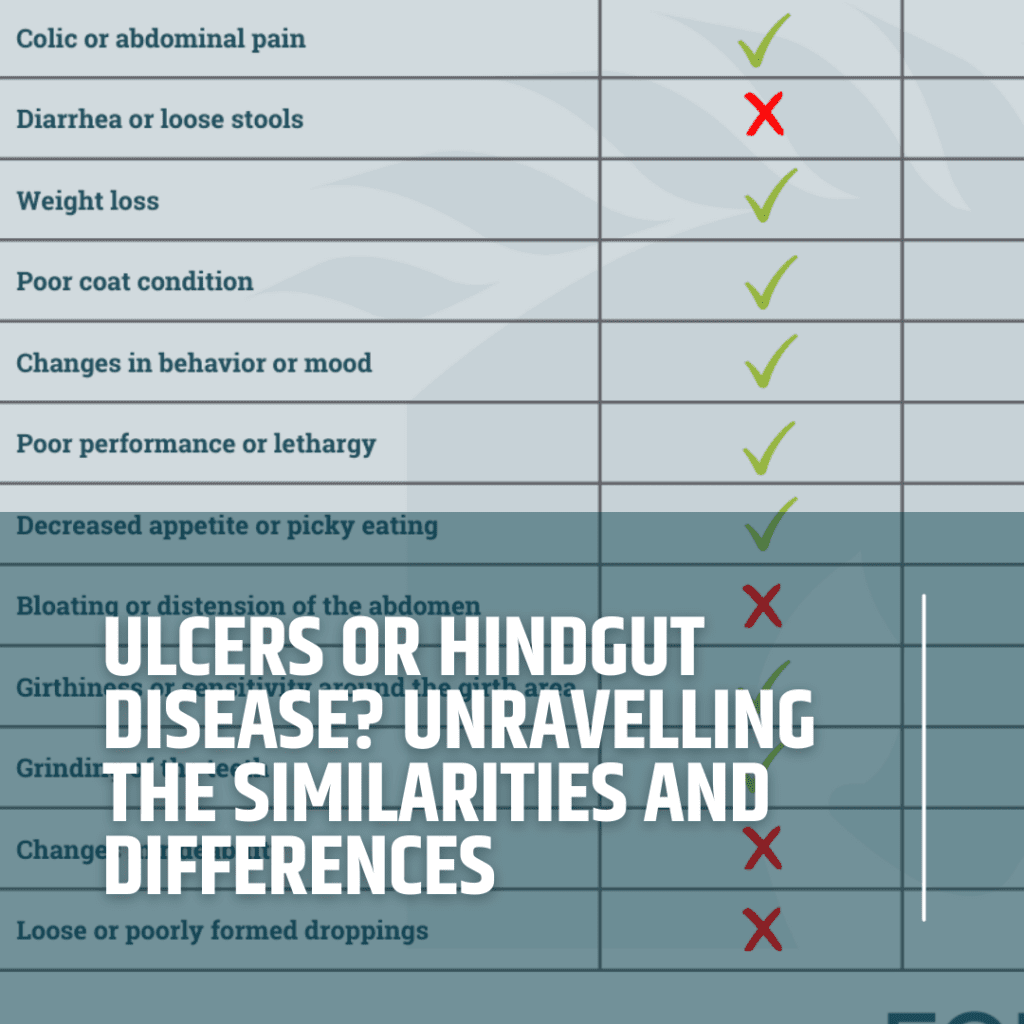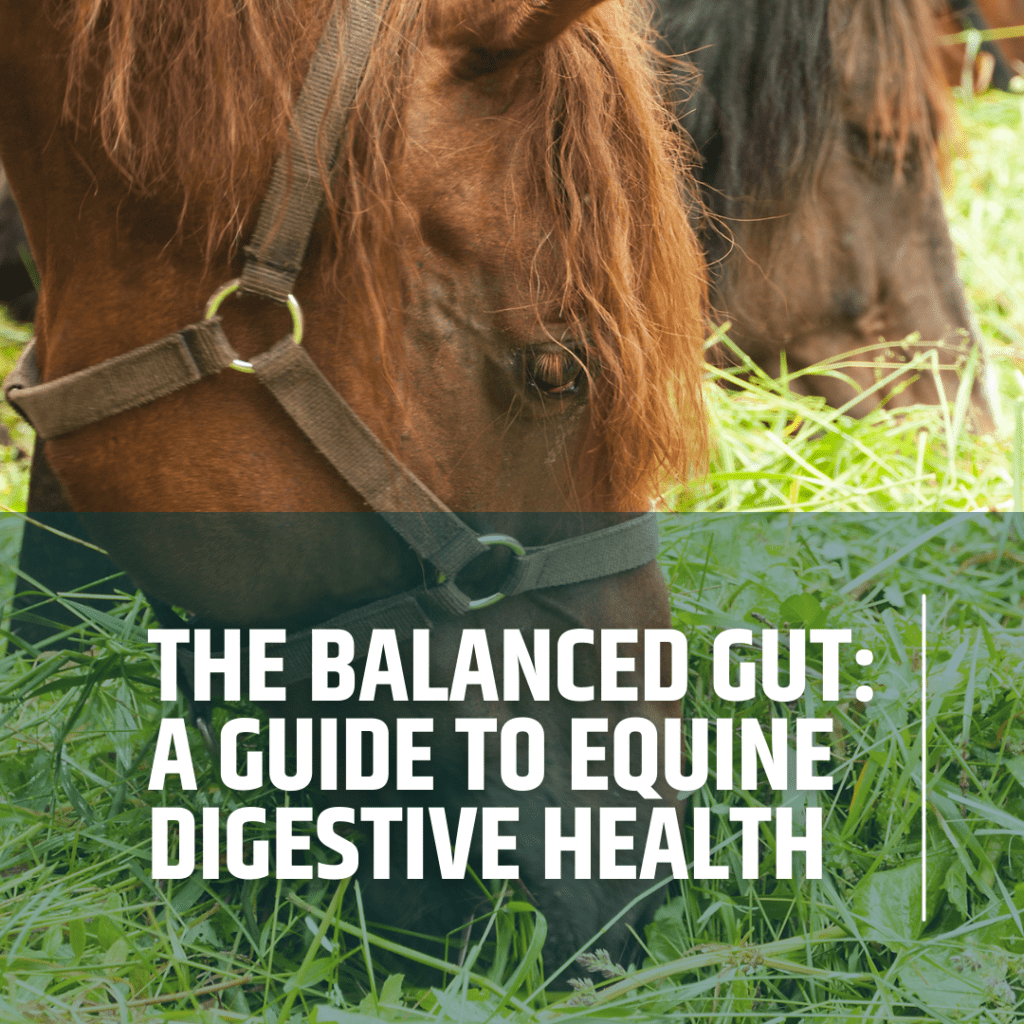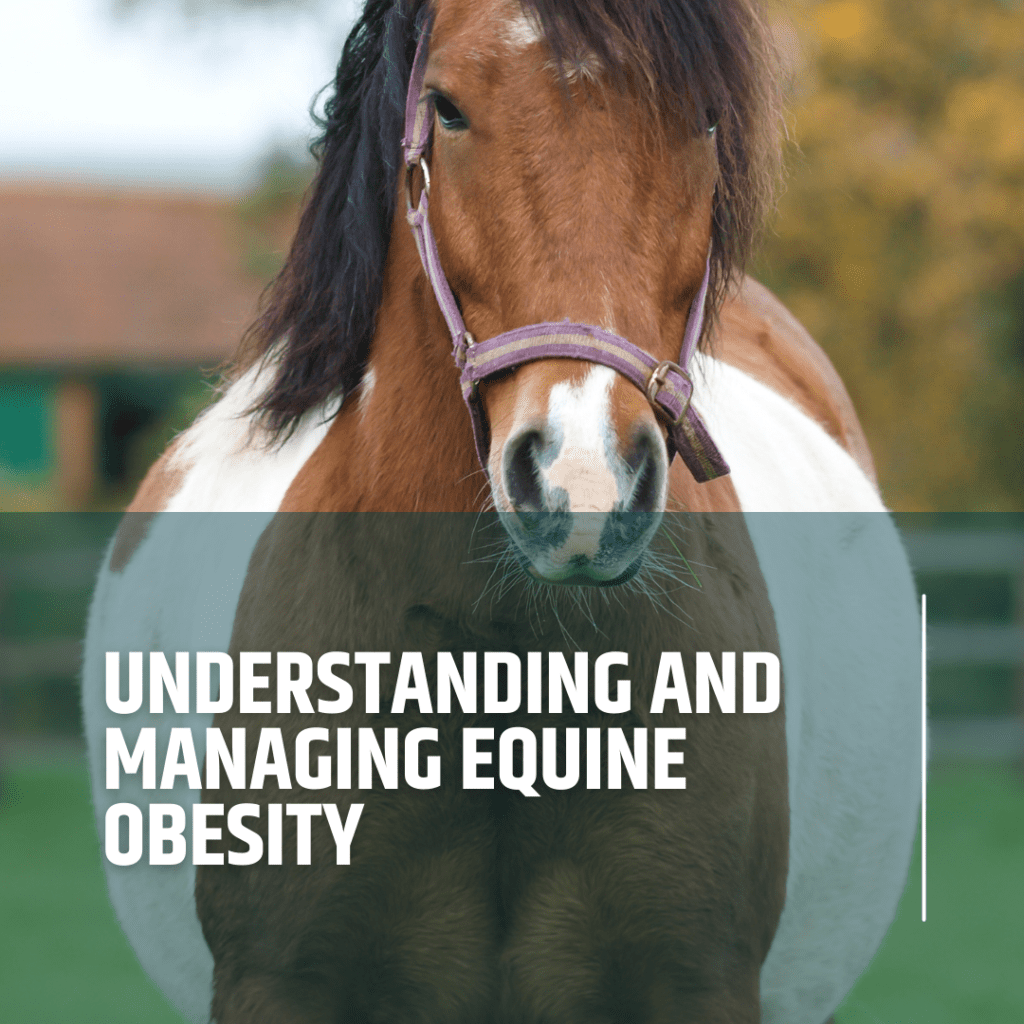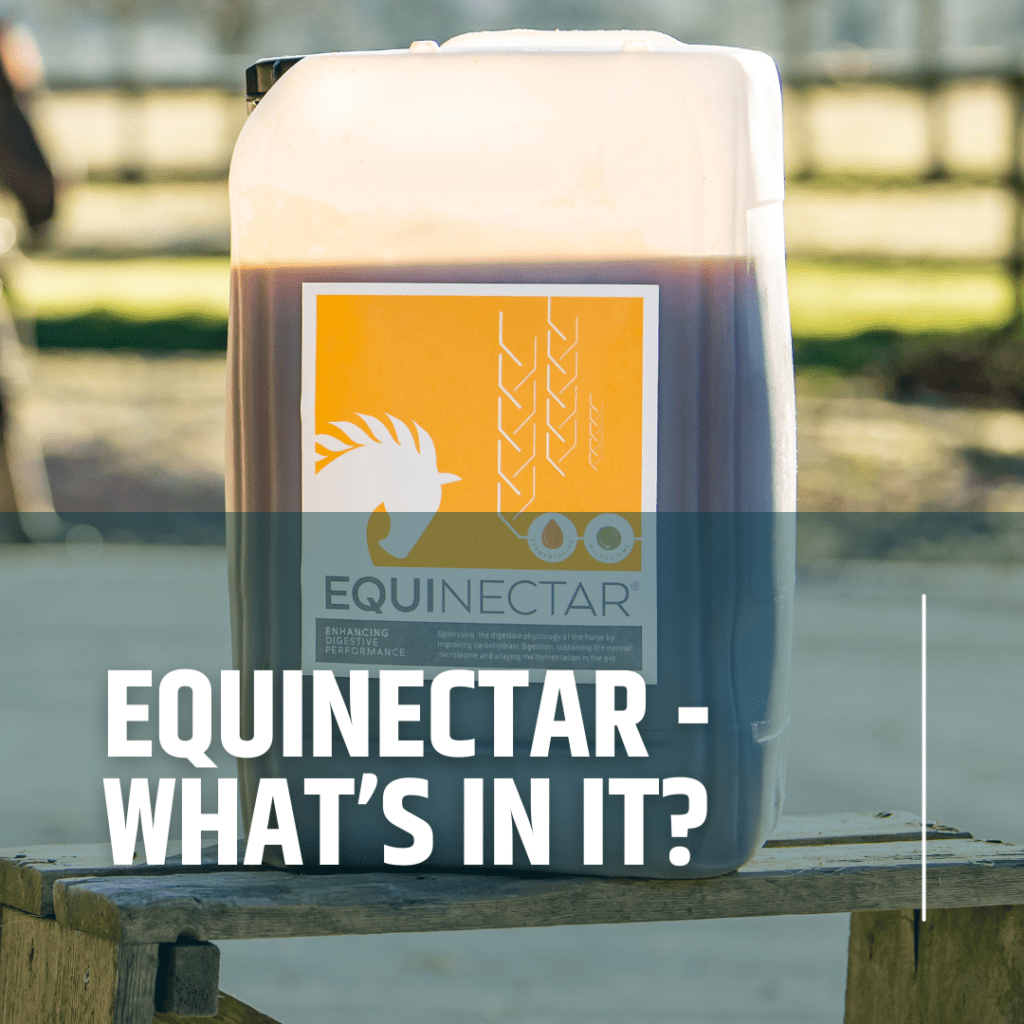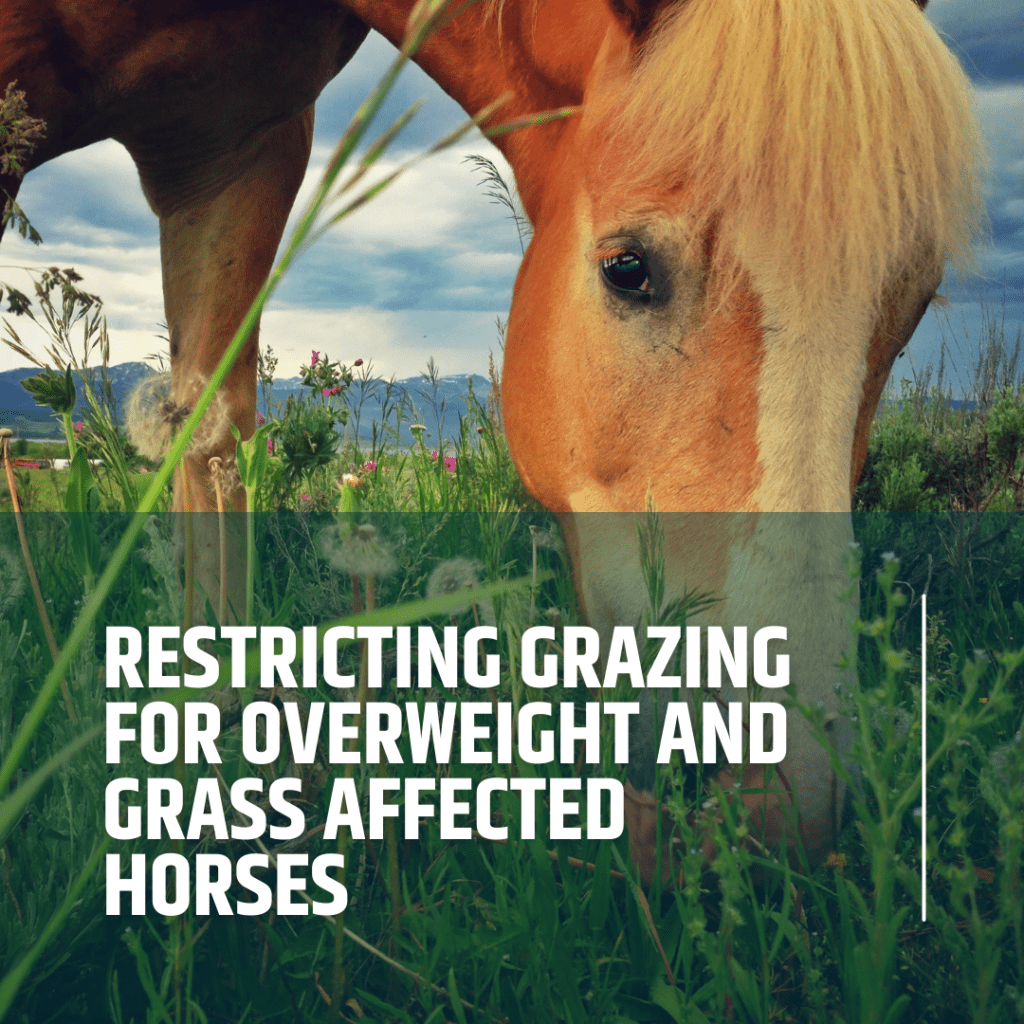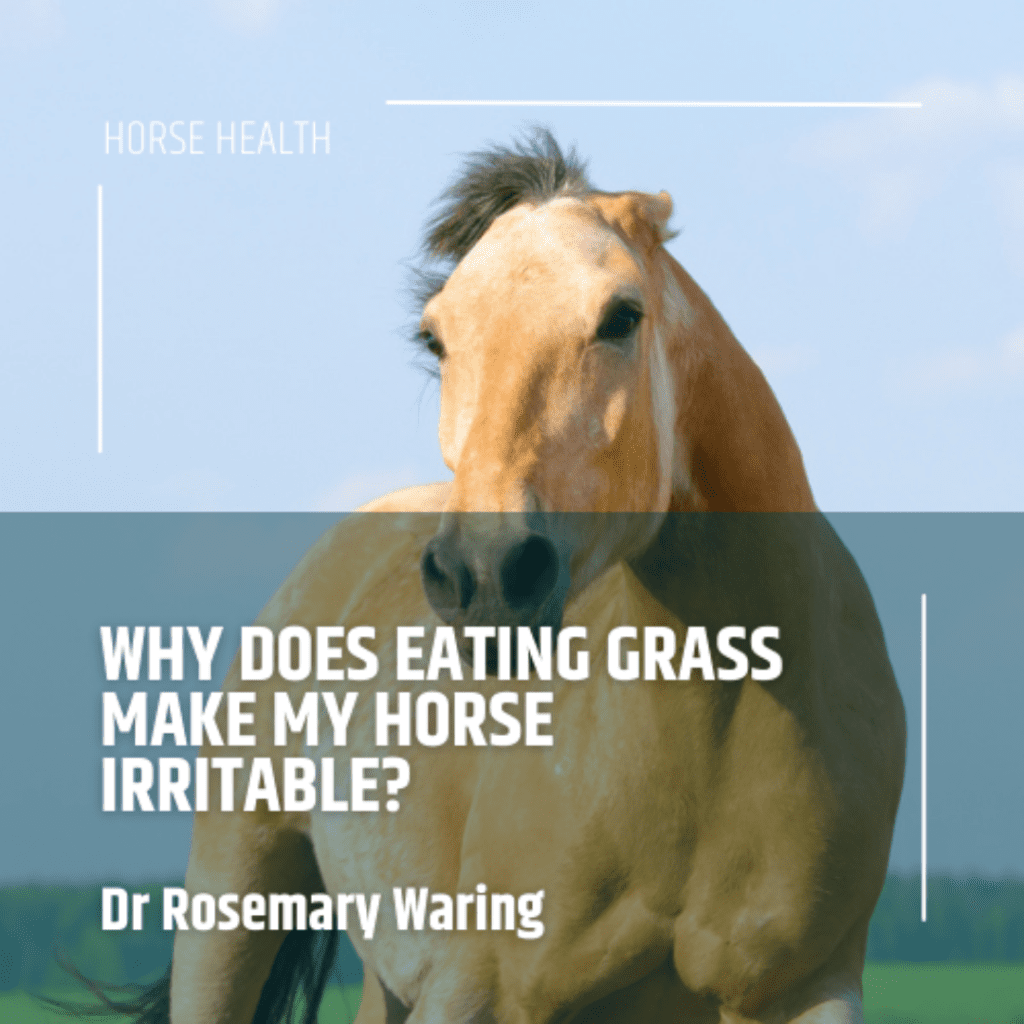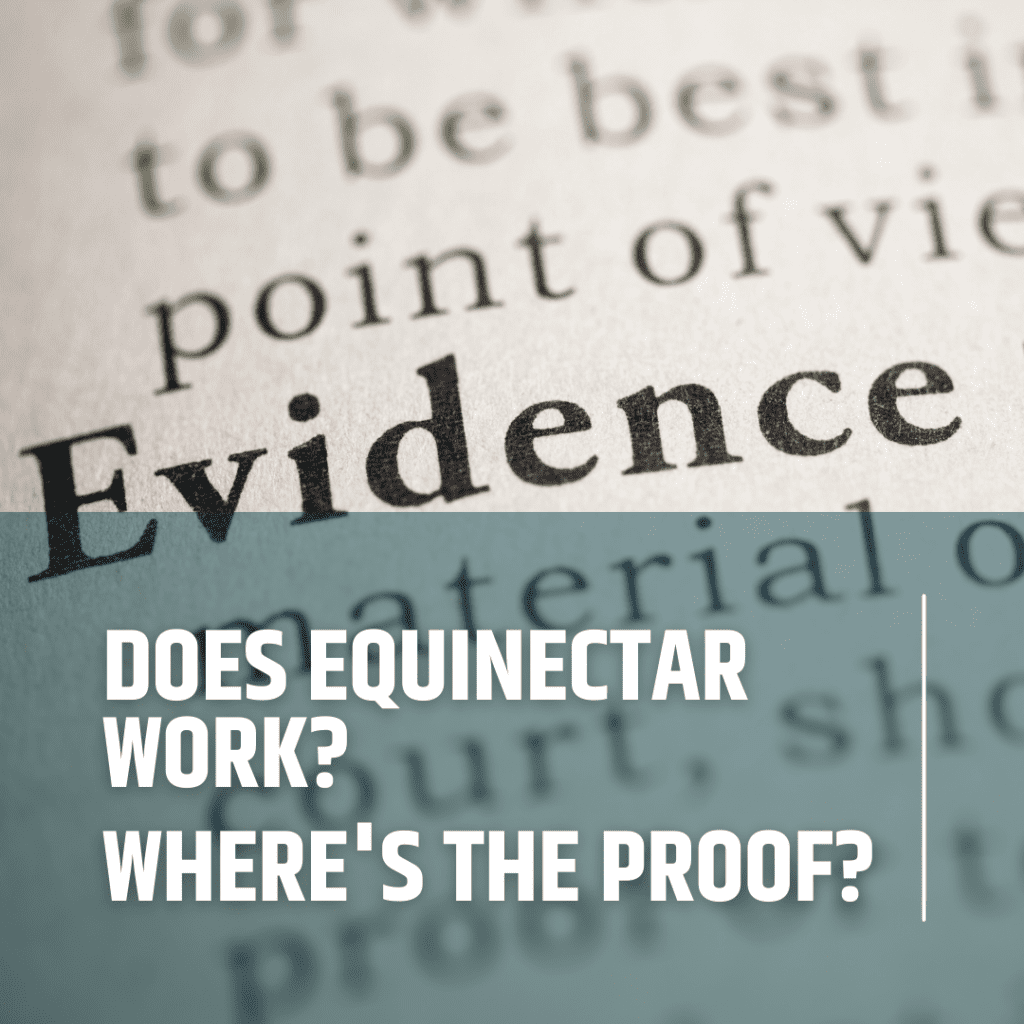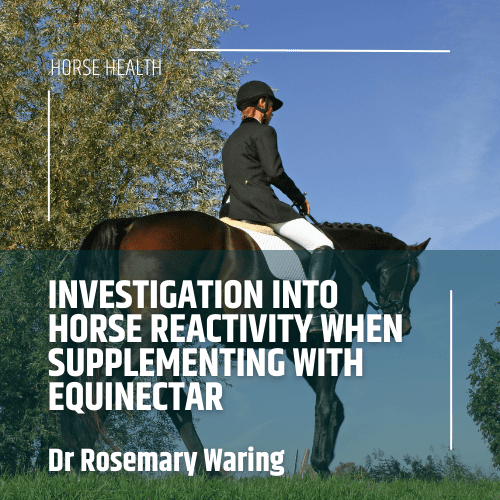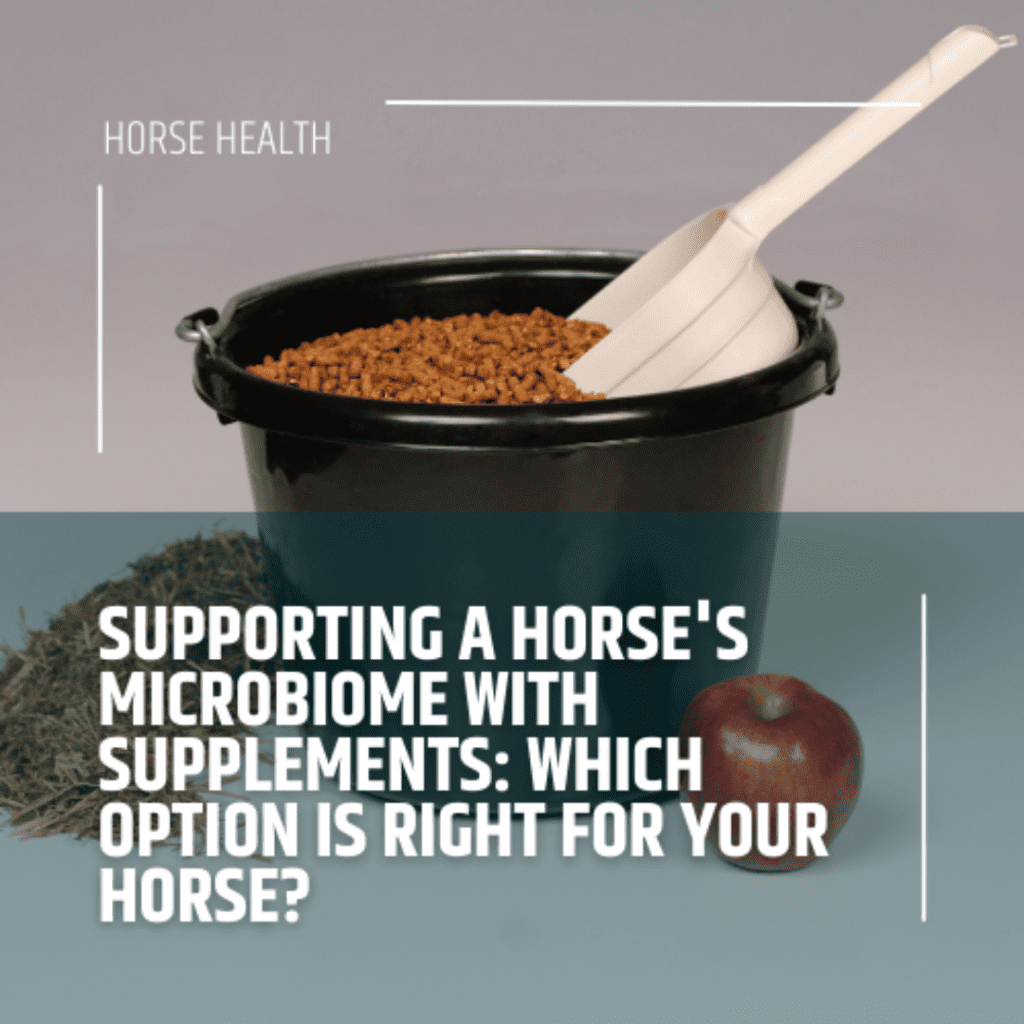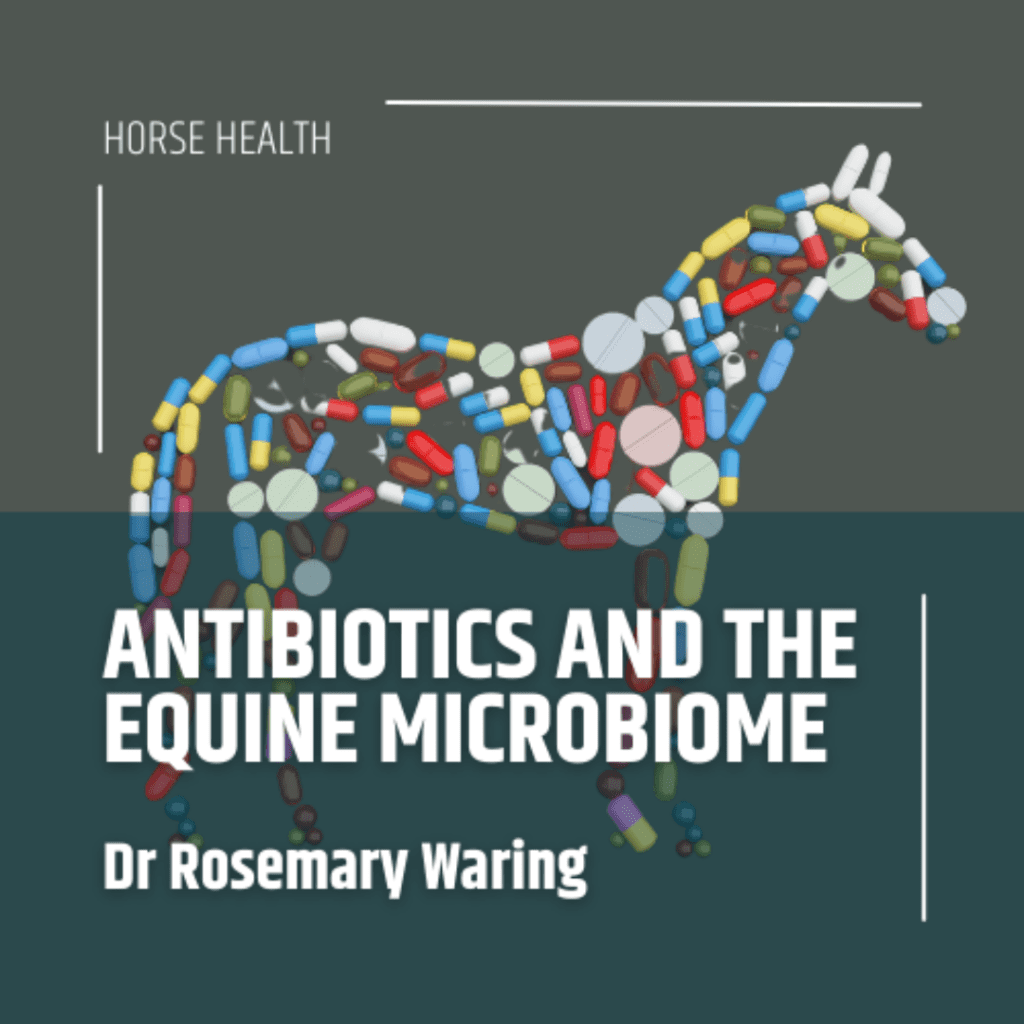Ulcers or Hindgut Disease? Unravelling the Similarities and Differences
As horse owners, we’re all too familiar with the threat of gastric ulcers. These painful lesions, affecting the lining of the horse’s stomach, have been a topic of concern within the equestrian community for years. However, there’s another condition that often flies under the radar but is equally significant – hindgut disease.
Ulcers or Hindgut Disease? Unravelling the Similarities and Differences Read More »

